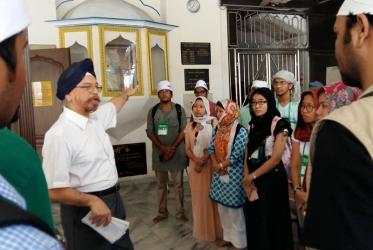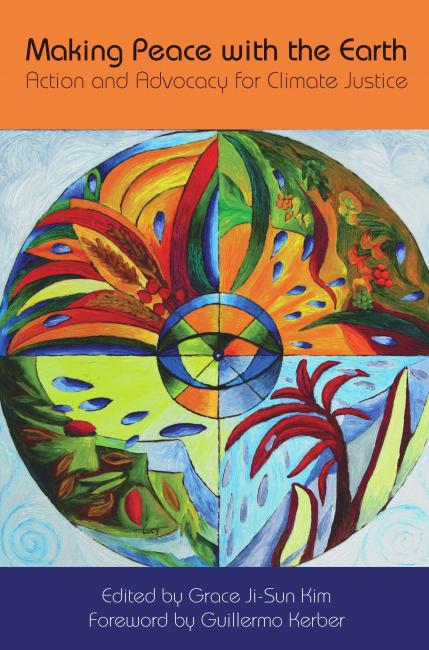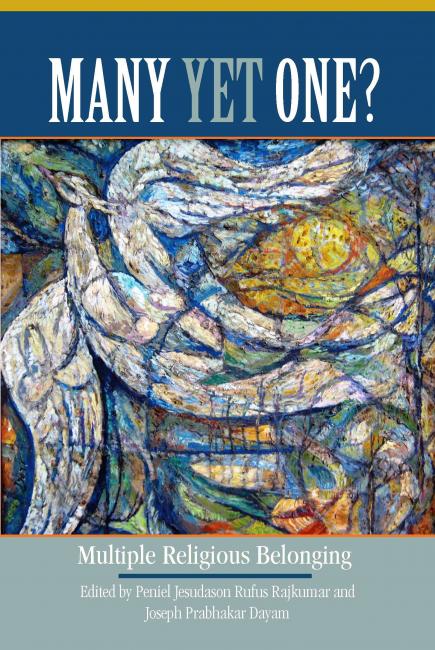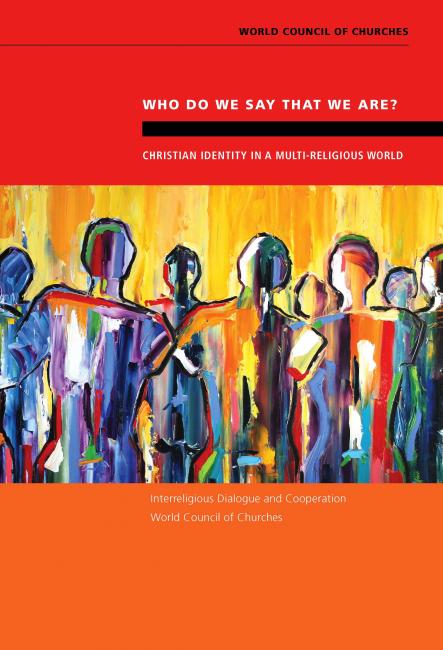Displaying 401 - 420 of 546
A Light to the Nations.
The Indian Presence in the Ecumenical Movement in the Twentieth Century
15 April 2016
Pope Francis receives two publications from WCC commission leaders
26 February 2016
Young ecumenists address new realities of global movement
25 February 2016
Jürgen Moltmann leads ecumenical reflections in Geneva
14 January 2016
Edward Dommen receives Colladon award for A Peaceable Economy
14 December 2015
Dual and duelling dialogues? Guidelines offer aid
19 November 2015
















